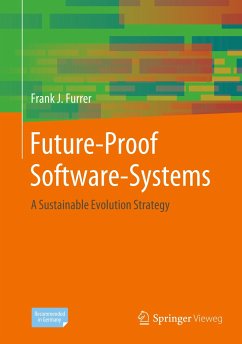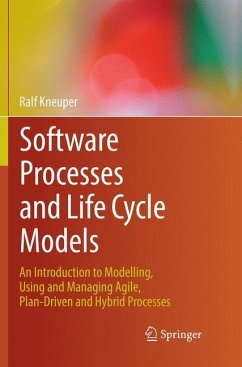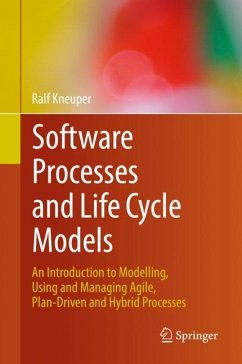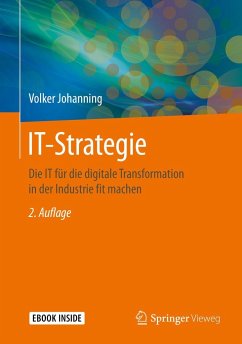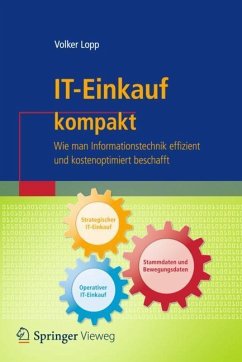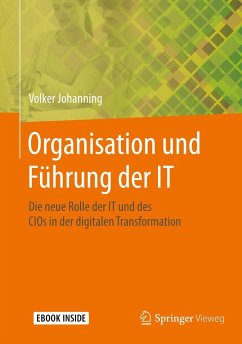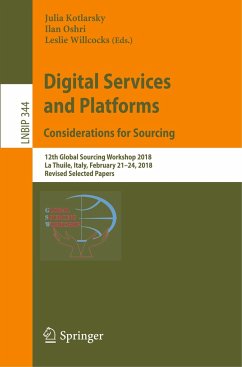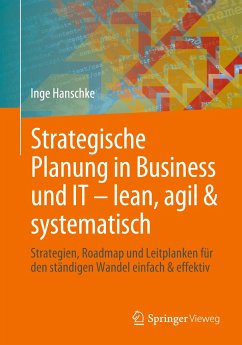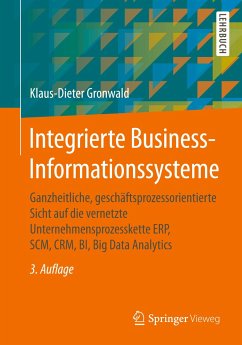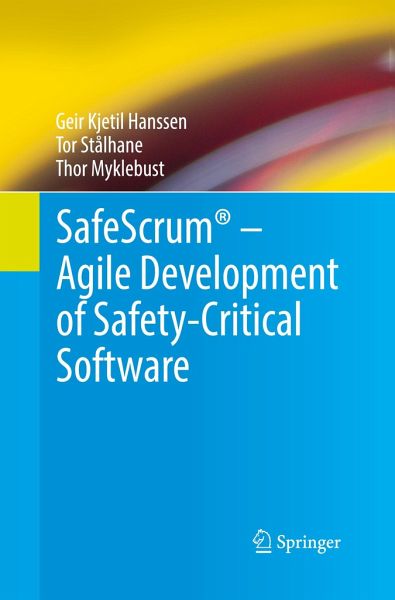
SafeScrum® - Agile Development of Safety-Critical Software

PAYBACK Punkte
31 °P sammeln!
This book addresses the development of safety-critical software and to this end proposes the SafeScrum® methodology. SafeScrum® was inspired by the agile method Scrum, which is extensively used in many areas of the software industry. Scrum is, however, not intended or designed for use with safety-critical systems; hence the authors propose guidelines and additions to make it both practically useful and compliant with the additional requirements found in safety standards.The book provides an overview of agile software development and how it can be linked to safety and relevant safety standard...
This book addresses the development of safety-critical software and to this end proposes the SafeScrum® methodology. SafeScrum® was inspired by the agile method Scrum, which is extensively used in many areas of the software industry. Scrum is, however, not intended or designed for use with safety-critical systems; hence the authors propose guidelines and additions to make it both practically useful and compliant with the additional requirements found in safety standards.
The book provides an overview of agile software development and how it can be linked to safety and relevant safety standards. SafeScrum® is described in detail as a useful approach for reaping the benefits of agile methods, and is intended as a set of ideas and a basis for adaptation in industry projects. The book covers roles, processes and practices, and documentation. It also includes tips on how standard software process tools can be employed. Lastly, some insights into relevant research in this new and emerging field are provided, and selected real-world examples are presented.
The ideas and descriptions in this book are based on collaboration with the industry, in the form of discussions with assessment organizations, general discussions within the research fields of safety and software, and last but not least, the authors' own experiences and ideas. It was mainly written for practitioners in industry who know a great deal about how to produce safety-critical software but less about agile development in general and Scrum in particular.
The book provides an overview of agile software development and how it can be linked to safety and relevant safety standards. SafeScrum® is described in detail as a useful approach for reaping the benefits of agile methods, and is intended as a set of ideas and a basis for adaptation in industry projects. The book covers roles, processes and practices, and documentation. It also includes tips on how standard software process tools can be employed. Lastly, some insights into relevant research in this new and emerging field are provided, and selected real-world examples are presented.
The ideas and descriptions in this book are based on collaboration with the industry, in the form of discussions with assessment organizations, general discussions within the research fields of safety and software, and last but not least, the authors' own experiences and ideas. It was mainly written for practitioners in industry who know a great deal about how to produce safety-critical software but less about agile development in general and Scrum in particular.



